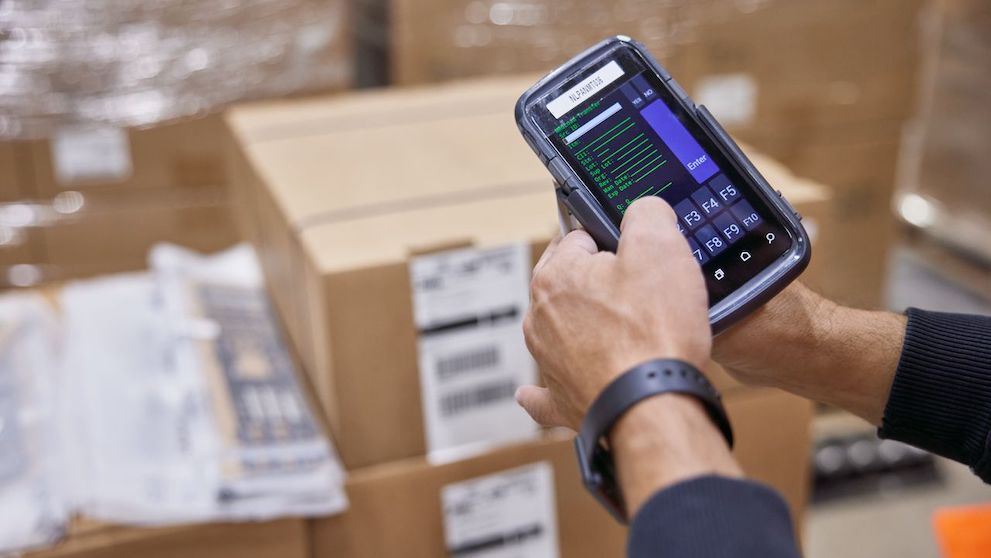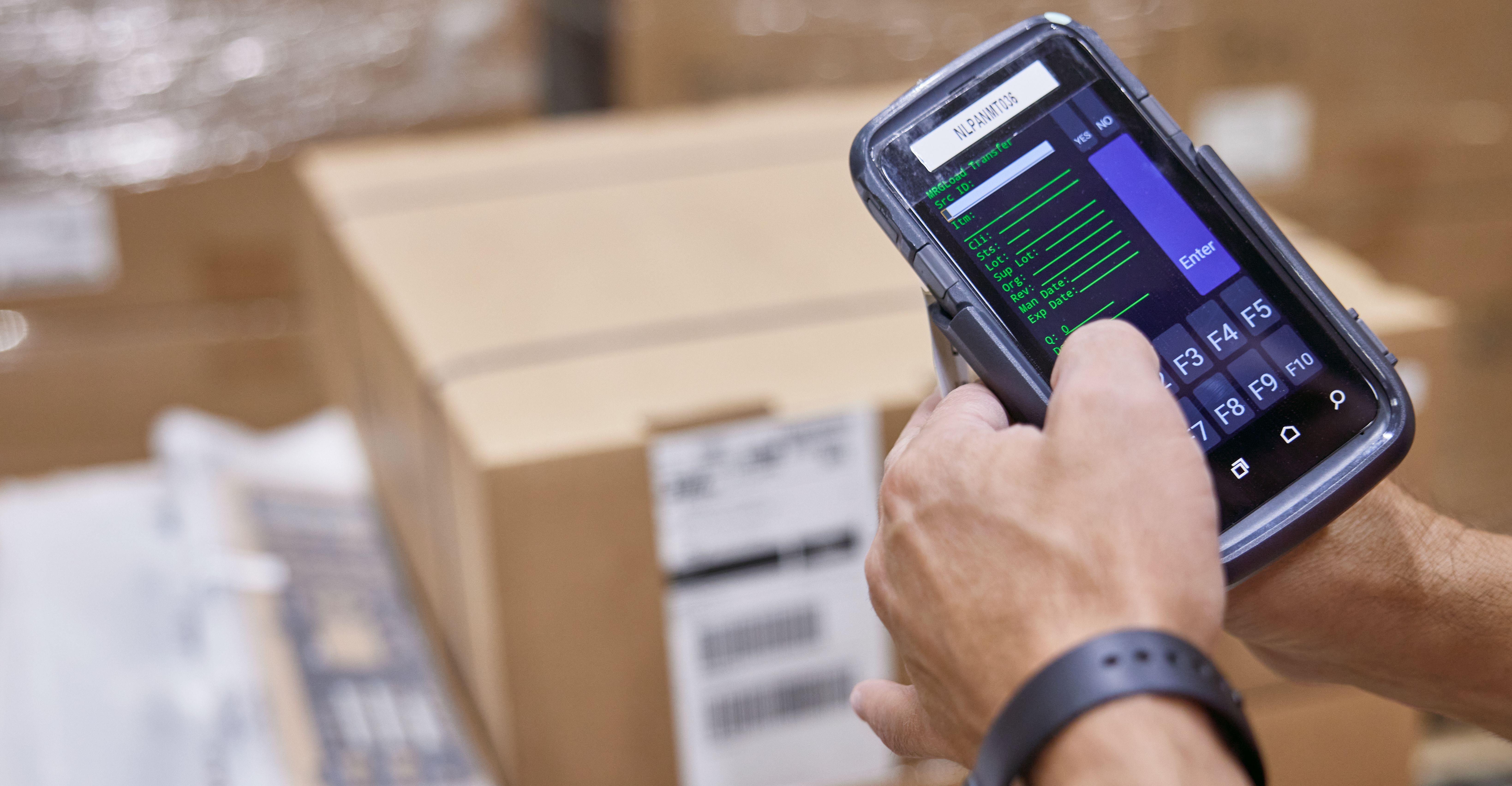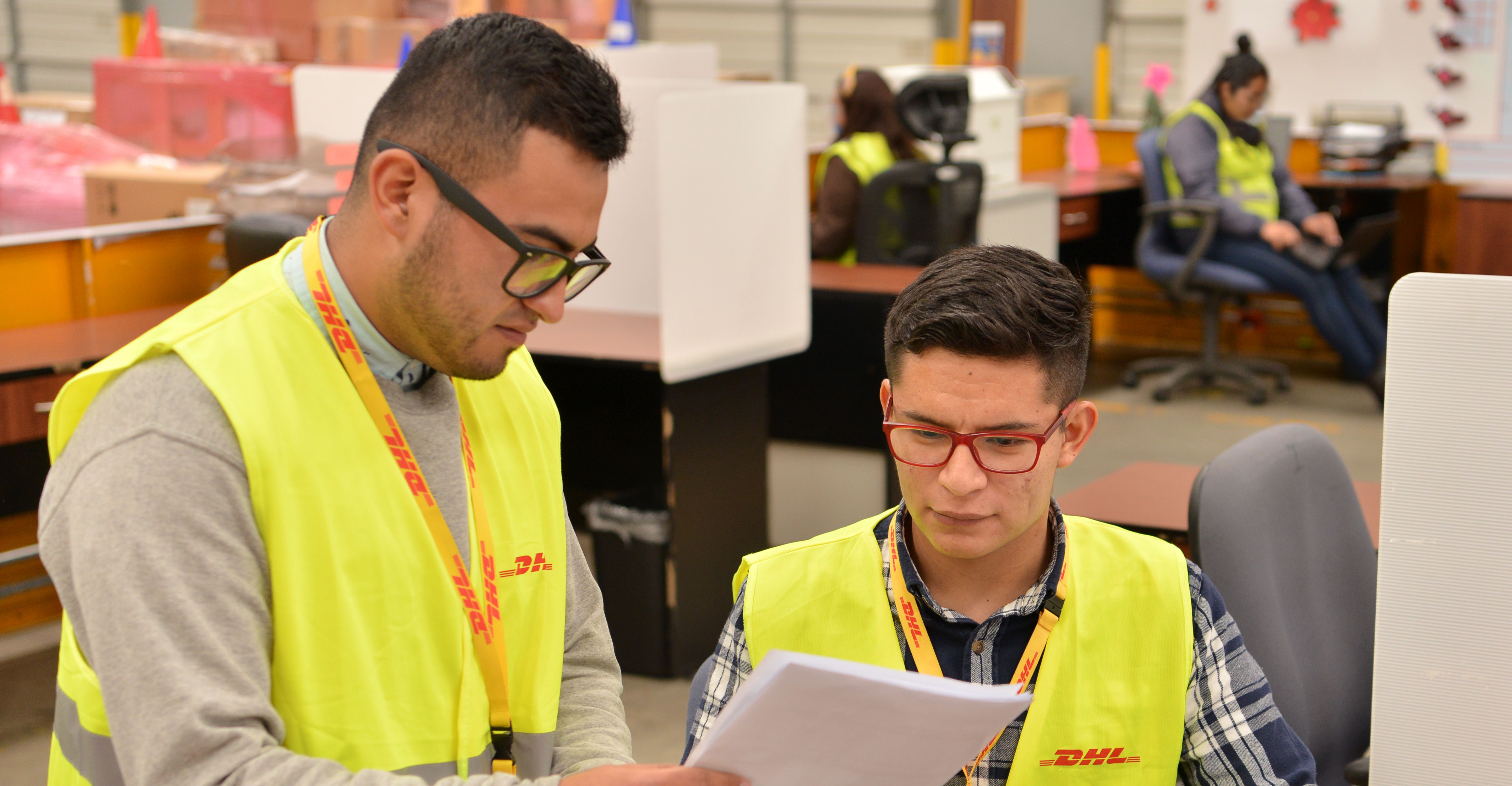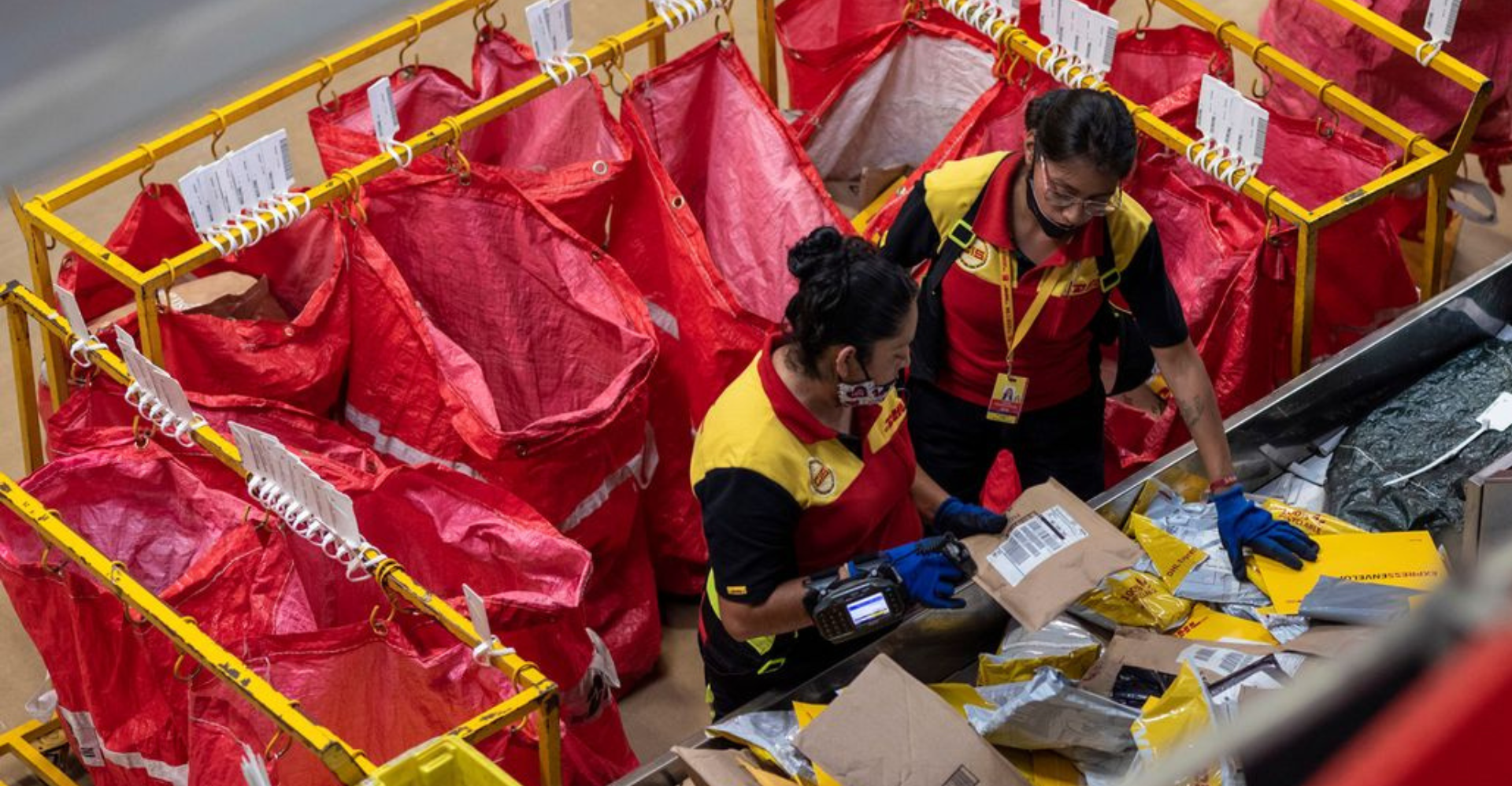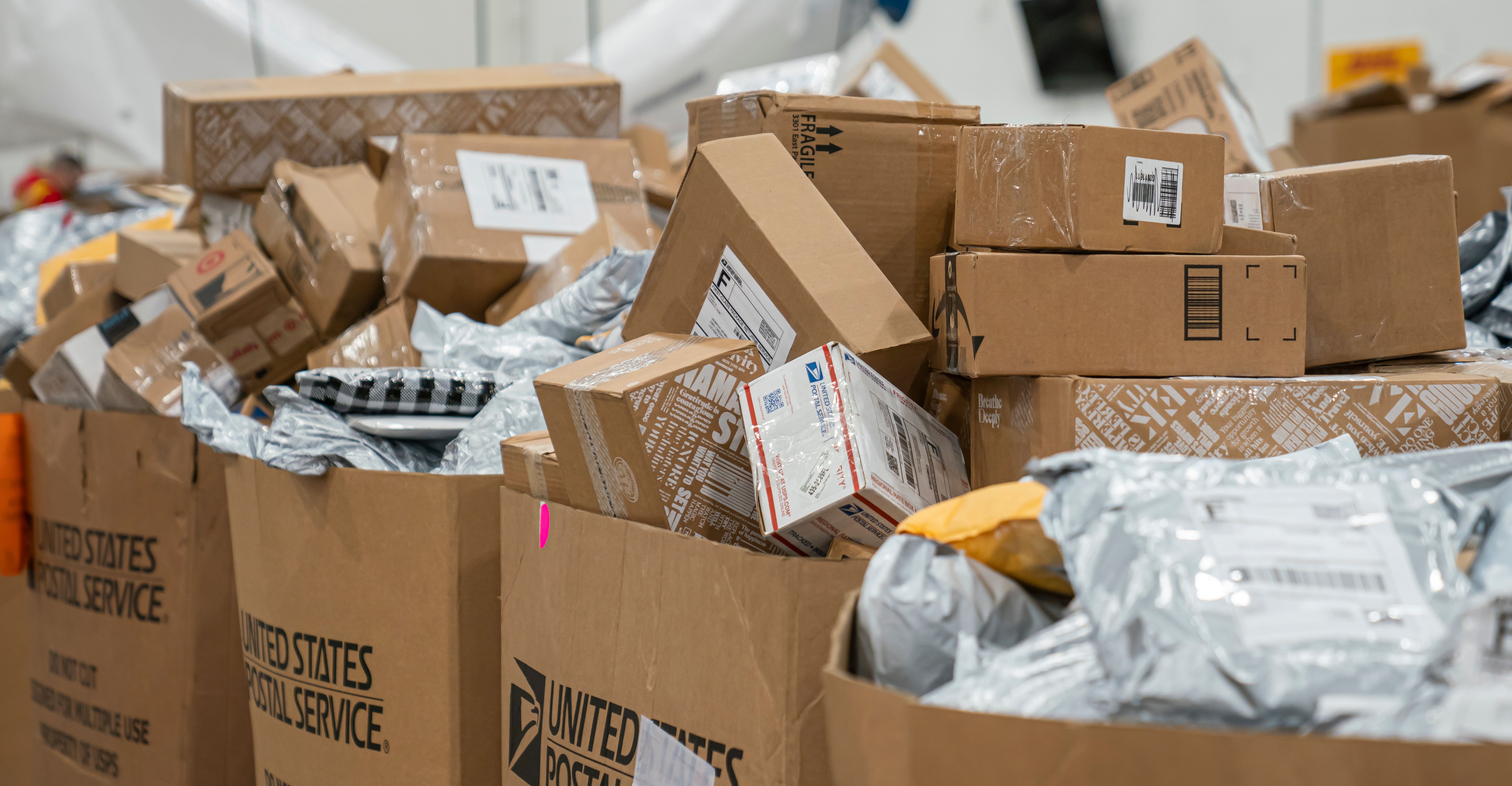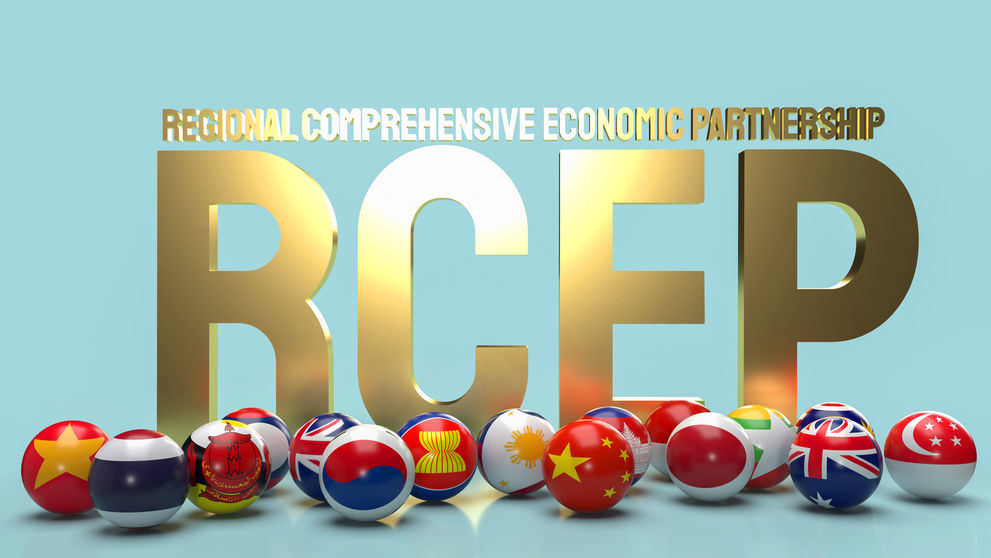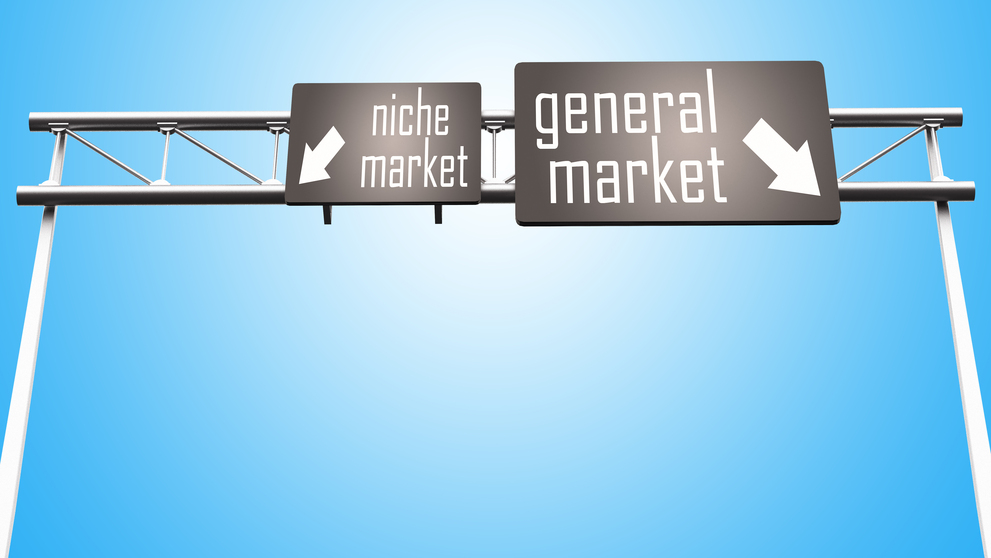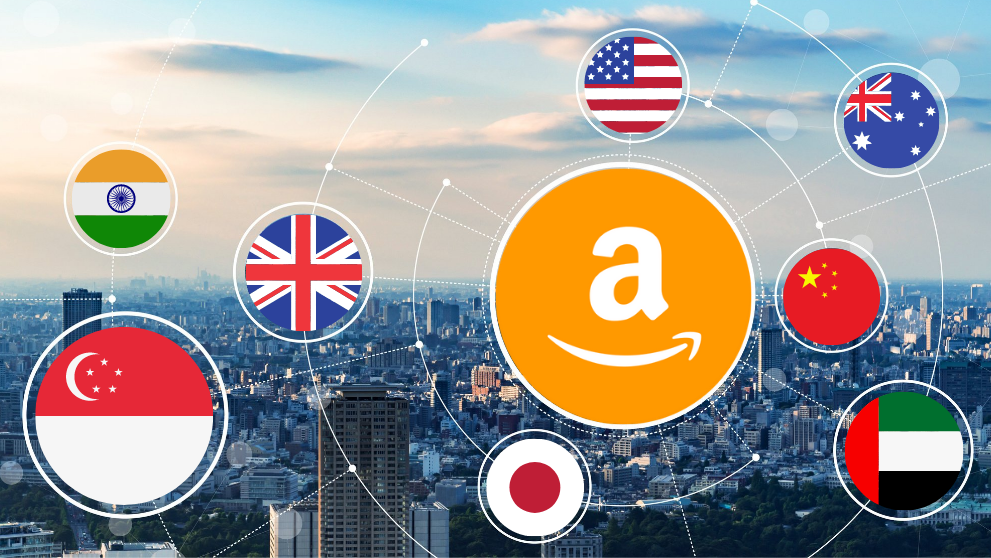The Middle East is a fascinating and diverse region strategically located between Europe and Asia. It comprises countries such as Iran, Iraq, Israel, Jordan, Qatar, Saudi Arabia, Syria, United Arab Emirates, and Yemen.
Most of the Middle Eastern countries are part of the Arab world and these countries share a strong attachment to the same religion, language, and culture.
As a business owner, you're always finding new opportunities to grow your company. If you’re looking to expand into new markets beyond Asia and Europe, doing business in the Middle East should be at the top of your list.
Business Opportunities in the Middle East
According to the Department of Statistics Malaysia Report, continued population growth presents some strong import and export business opportunities for Malaysian SMEs. The Middle East region is home to over 456 million consumers, with one of the youngest and fastest-growing populations in the world. As more youths enter the Middle East workforce in the next ten years, there will be greater demand for goods and services as disposable income rises.
How to Start Exporting Malaysian Products to the Middle East
1. Leverage Malaysia’s comparative advantages
Malaysia is a vibrant economy, with many strengths that businesses can leverage. One such strength is that Malaysian food and beverages are very well-accepted in the Middle East region due to their high-quality and globally-accepted halal standards.
According to an article by Zawya, the global halal market is worth $3 trillion and is expected to grow further due to the increasing buying power of the Muslim population and growing popularity of halal products. Halal products are not only limited to food, but also services such as halal tourism and halal content. Especially after COVID-19, the halall label is now seen by both Muslims and non-Muslims as a symbol that identifies products and services with impeccable standards and quality.
By identifying and capitalising on the comparative advantages, Malaysian businesses can have increased efficiency and profitability.
2. Identify the types of products needed in the Middle East
It's important to understand the types of products that are in high demand to make the most out of your exports. The Middle East’s ongoing need for Malaysian biggest export products means the Arab region offers excellent opportunities for businesses. For example, the top, non-exhaustive imports of the United Arab Emirates are:
Gold ($31.8B),
Broadcasting Equipment ($15.7B),
Jewellery ($15.2B),
Refined Petroleum ($15B), and
Diamonds ($9.56B)
By identifying what is popular in the region, companies can tailor their product offerings and better serve local consumers. However, do be aware of the list of restricted items in the Middle East. As the region is so vast with many different countries, the lists are different. You must head to the respective countries’ website to view the full list of banned or controlled items.
3. Be aware of local trends in the Middle East
As a business, it is important to be aware of the latest trends in your industry, no matter where you are located. Local trends in the Middle East can have a major impact on your sales if you tap into them correctly.
The trend of Modest Fashion, outfits designed to cover the body in keeping with Islamic principles, is growing in the Middle East. As more women enter the professional workforce, they are now swapping their tailored, custom-made couture for ready-to-wear, contemporary clothes that reflect the Arabic culture. Businesses in the fashion industry can consider expanding their products and services into the Middle East to meet this new, growing demand.
Mobile shopping is also a growing trend in the region, with more consumers shopping online. Due to COVID-19, consumers say they are now spending more on groceries (61%) as well as entertainment and media (41%), with reference to an article by PWC. This offers a great potential for growth for your company, especially if you are in these industries.
Exporting to the Middle East
If you're looking to grow your company, exporting goods and services to the Middle East may be an excellent opportunity for your business. It’s simple to export your products to the Arab world. However, be aware of the cultural norms and customs and keep them in mind when interacting with clients as well as partners in this region.




